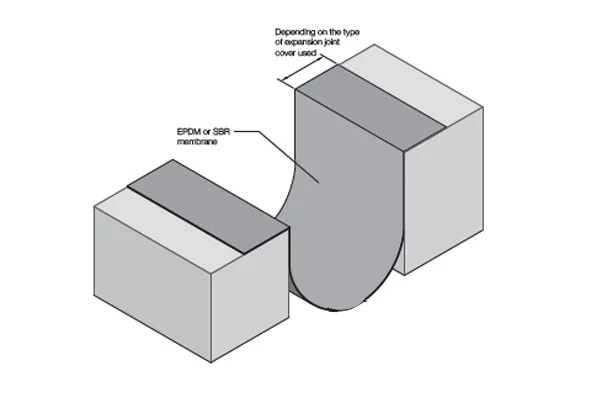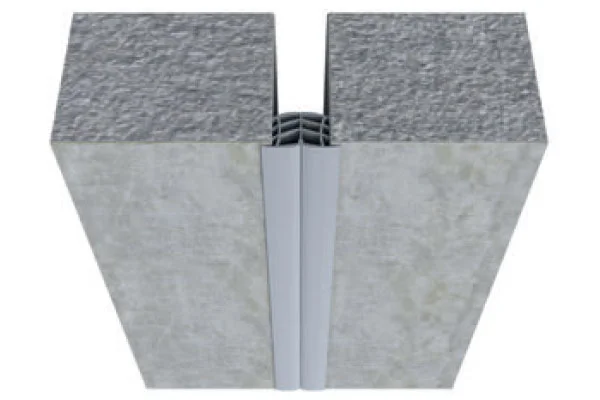
Last month Kimley-Horn employees returned to their customary desks in a Reston, Va., office building, certain now that the level of indoor air pollutants they believe had sickened about half of them had dropped to safe levels. What’s left of the health scare and temporary relocation of more than 200 employees is a multi-million dollar lawsuit in federal court between the engineering firm and its landlord.
The conflict pits a company that provides environmental services against one of the area’s major office owners, CRS Commerce Center, which denies that a health hazard existed.
It’s not clear which firm is more likely to prevail in court.
Headquartered in Raleigh, N.C., Kimley-Horn has 19 offices and employs around 8,000 people. About 220 work on three floors of a Reston, Va., building—11400 Commerce Park Drive—owned by CRS, which has a lease extending to 2033.
A photo on the owner’s website shows Kimley-Horn’s name on the building exterior, near the roof. “This Commerce District property has recently been renovated,” the website states.
The legal battle is taking place in an Alexandria, Va. court, with CRS Commerce Center suing Kimley-Horn for rent withheld and Kimley-Horn countersuing for breach of contract. The engineering firm filed a fresh pleading on Aug. 25 to back up its request for a partial verdict from the judge without a full jury trial.
A tenant since 2011, Kimley-Horn eventually rented three office suites encompassing about 78,000 sq ft.
Firm employees started getting sick In late 2023, according to the company’s court complaint, with symptoms that suggested exposure to volatile organic compounds (VOCs). About half the staff were affected by headaches, dizziness, nausea, eye irritation and respiratory issues, according to court documents.
At higher levels, VOCs may lead to more severe symptoms such as confusion, memory impairment or damage to the liver and kidneys. Three employees experienced seizures, Kimley-Horn reported, although these happened outside the office.
Exactly where the dangerous compounds came from is something of a mystery, noted a Virginia publication at the time.
Construction or renovation work was apparently taking part in sections of the broader development owned by Comstock Holding Companies, an affiliate of the landlord, whose building is near the Silver Line Metro rail station in Reston.
In August 2024, Kimley-Horn’s consultant performed VOC tests that found levels approximately four to five times the safe threshold, prompting the decision to vacate the space, court documents show. The company also began withholding rent. Kimley-Horn continued to monitor the air quality even after it evacuated, finding readings significantly above the safe levels of trichloroethene, benzene, ethylbenzene, methylene chloride and tetrachloroethene.
Did Unsafe Pollutants Persist?
Tests showed the levels remained high, at 17,000 to 18,000 ng/L on the fourth floor, 26,000 ng/L on the fifth floor, and 19,000 ng/L on the sixth floor. High VOC levels were also found on the daycare center’s floor where many Kimley-Horn employees had children enrolled.
Kimley-Horn had been paying $973,000 a year in rent, according to the in the court filings.
A year ago CRS delivered a notice of default that Kimley-Horn had not met its rent obligation by failing to pay and related charges. The developer asked the court to enforce lease terms and for accelerated rent and damages. The complaint emphasized Kimley-Horn’s ongoing obligations under the lease, which had been in effect since 2011.
Kimley-Horn claims it was forced to leave the offices because of the health hazards and that CRS defaulted under the lease agreement by allowing the air pollution, violating express lease terms and breaching the covenant under which tenants are entitled to quiet enjoyment. The engineering firm also alleged a breach of the implied duty of good faith and fair dealing under Virginia law, arguing that CRS failed to maintain a safe environment and failed to warn about potential hazards.
Kimley-Horn “seeks reimbursement for temporary office spaces for its employees, air scrubbers that it never used inside the premises, and other costs.”
From there the allegations get very specific in the now year-long litigation.
In its filings, Kimley-Horn claimed CRS had its own report showing the VOC concentrations at unsafe levels.
CRS, for its part, did not address that claim specifically but countered that an evaluation of air pollutant levels by the U.S. Environmental Protection Agency failed to indicate an unsafe condition.
No other tenants reported problems, said CRS.
Last November, Comstock Partners announced the initiation of “collection proceedings” against Kimley-Horn for about $25 million in total damages, including unpaid rent.
A Kimley-Horn representative declined to comment due to the ongoing legal proceedings. CRS did not reply to a request for comment.
According to Kimley-Horn’s counterclaim, “most workers reported that their symptoms had “dissipated” after leaving the building in August 2024. However, “some of them are still struggling with health issues related to their exposure,” it said.
After the engineering company filed the motion for a partial summary judgment. CRS countered by asserting that genuine issues of material fact—such as the validity of Kimley-Horn’s VOC-level assumptions—remained and that its claims are legally unfounded.








